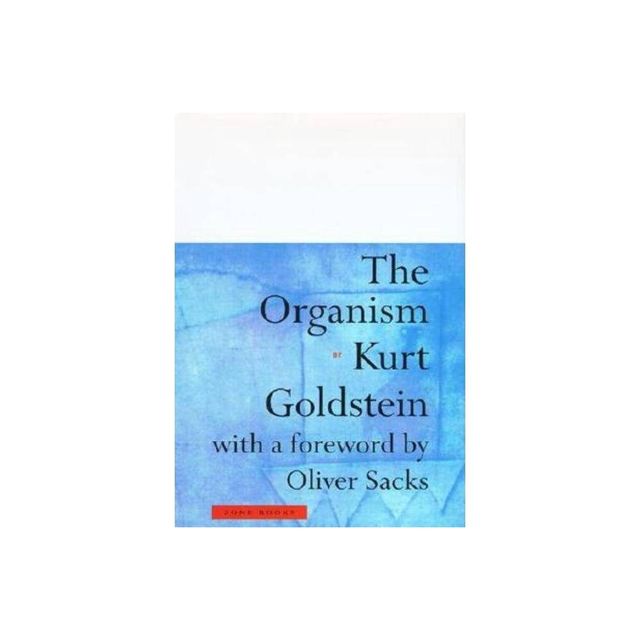Home
Spirits and Clocks: Machine and Organism in Descartes
Loading Inventory...
Barnes and Noble
Spirits and Clocks: Machine and Organism in Descartes
Current price: $84.95


Barnes and Noble
Spirits and Clocks: Machine and Organism in Descartes
Current price: $84.95
Loading Inventory...
Size: OS
*Product Information may vary - to confirm product availability, pricing, and additional information please contact Barnes and Noble
Although the basis of modern biology is Cartesian, Descartes's theories of biology have been more often ridiculed than studied. Yet, Dennis Des Chene demonstrates, the themes, arguments, and vocabulary of his mechanistic biology pervade the writings of many seventeenth-century authors. In his illuminating account of Cartesian physiology in its historical context, Des Chene focuses on the philosopher's innovative reworking of that field, including the nature of life, the problem of generation, and the concepts of health and illness.
Des Chene begins by surveying works that Descartes would likely have encountered, from late Aristotelian theories of the soul to medical literature and treatises on machines. The Cartesian theory of vital operations is examined with particular attention to the generation of animals. Des Chene also considers the role of the machine-model in furnishing a method in physiology, the ambiguities of the notion of machine, and of Descartes's problem of simulation. Finally, he looks at the various kinds of unity of the body, both in itself and in its union with the soul.
Spirits and Clocks
continues Des Chene's highly regarded exploration—begun in his previous book,
Life's Form
—of the scholastic and Cartesian sciences as well as the dialogue between these two worldviews.
Des Chene begins by surveying works that Descartes would likely have encountered, from late Aristotelian theories of the soul to medical literature and treatises on machines. The Cartesian theory of vital operations is examined with particular attention to the generation of animals. Des Chene also considers the role of the machine-model in furnishing a method in physiology, the ambiguities of the notion of machine, and of Descartes's problem of simulation. Finally, he looks at the various kinds of unity of the body, both in itself and in its union with the soul.
Spirits and Clocks
continues Des Chene's highly regarded exploration—begun in his previous book,
Life's Form
—of the scholastic and Cartesian sciences as well as the dialogue between these two worldviews.


















